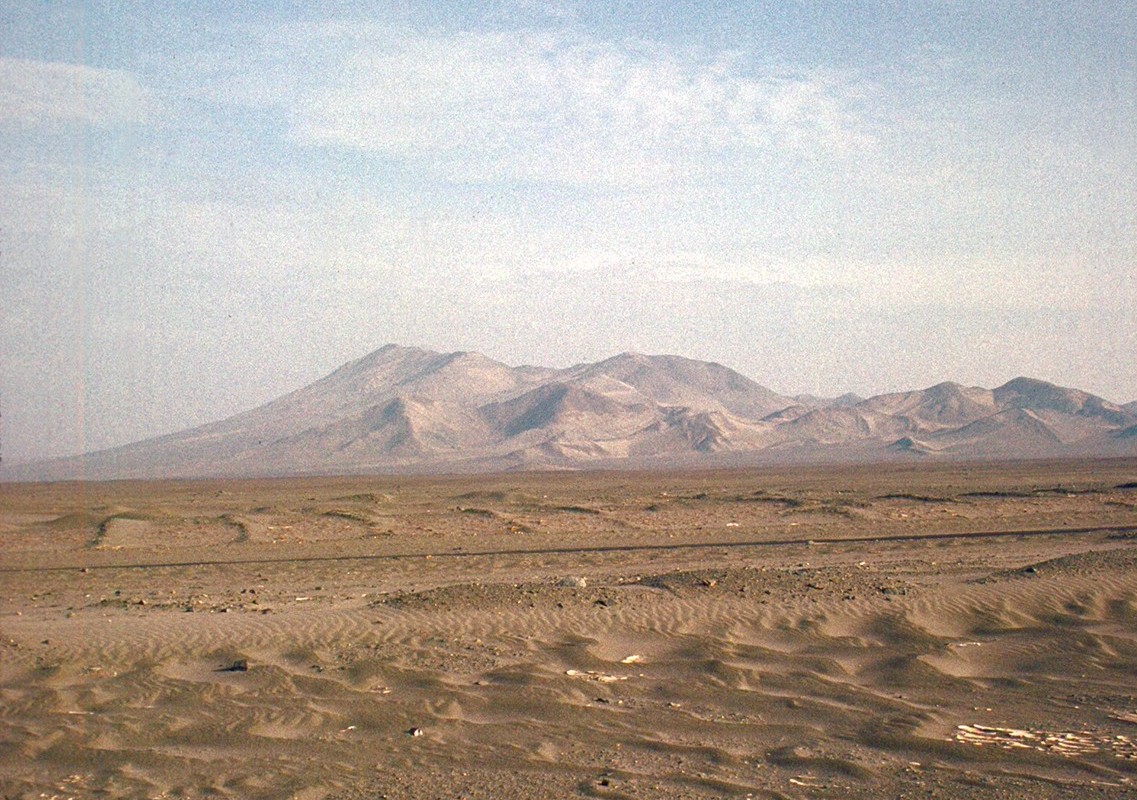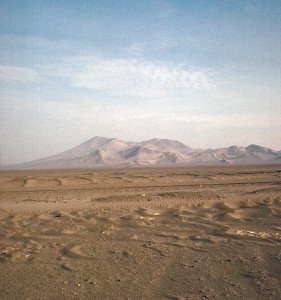
A reflection by Paige Souter on the First Sunday of Lent: Deuteronomy 26.1-11; Psalm 91.1-2, 9-16; Romans 10.8-13; Luke 4.1-13
“Jesus, full of the Holy Spirit, returned from the Jordan and was led by the Spirit into the wilderness, where for forty days he was tempted by the devil” (Luke 4:1).
This First Sunday of Lent we hear the story of Jesus’ temptation in the wilderness. A time of hunger, isolation, suffering, and testing. Three times the devil tempts Jesus to misuse the power he has been given as the Son of God. The temptations are to use his power to feed himself, to gain political power, and for show and spectacle.
For many of us, the wilderness experience is a difficult period of time in our lives. Often we feel isolated and disconnected from God and from those around us. But the wilderness is more than an experience of trials and temptations. It can also be a time of reconciliation and communion with God.
In The Name of God is Mercy, Pope Francis is asked what makes a good confession, and he responds that a person “ought to feel like a sinner, so that he can be amazed by God. In order to be filled with God’s gift of infinite mercy, we need to recognize our need, our emptiness, our wretchedness” (pp. 43). During our time in the wilderness, we experience and confess the woundedness and fragility of our lives. We learn to put aside our own thoughts and desires and learn to listen for God. We begin to hear the cries of those around us, of people living in poverty, refugees, victims of violence and war, and we begin to hear the cries of a wounded planet.
During our time in the wilderness, we experience and confess the woundedness and fragility of our lives. We learn to put aside our own thoughts and desires and learn to listen for God.
The wilderness is also a special time in which we experience communion with God. Jesus was not led into the wilderness by the Holy Spirit only to be abandoned to face the devil alone. Rather, he was filled with the Holy Spirit before entering the wilderness. As Jesus faced each temptation, he was guided and sustained by the Holy Spirit. Although it was a difficult time, it was also a special time with God. Over the course of 40 days, it is easy to imagine Jesus praying and speaking with God. The Holy Spirit walks with us too. As we walk in the wilderness we begin to sense God’s presence more and more each day. We are able to let go and let God fill us with mercy and love.
Like all seasons, the wilderness experience will end. Like Jesus, we will find our way to the other side, but we will be transformed. Pope Francis points out that at the same time that God fills us with his mercy, he chooses us for mission (pp. 11). The wilderness experience is our preparation for mission. Right after Jesus leaves the wilderness he begins his salvific mission by teaching in synagogues in Galilee. We too will leave the wilderness empowered by God with a mission. And in this Jubilee Year of Mercy, no doubt it will include sharing God’s mercy with others.
Paige Souter was the Education Program Coordinator for Scarboro Missions’ Department of Justice, Peace, and the Integrity of Creation. The program provided workshops, retreats, devotionals, and mini-missions for parishes and schools, and for other organizations. It was an opportunity to learn about Laudato Si, Catholic Social Teaching, ecological justice, climate change, and an option for the poor in an interactive and faith-filled format.

